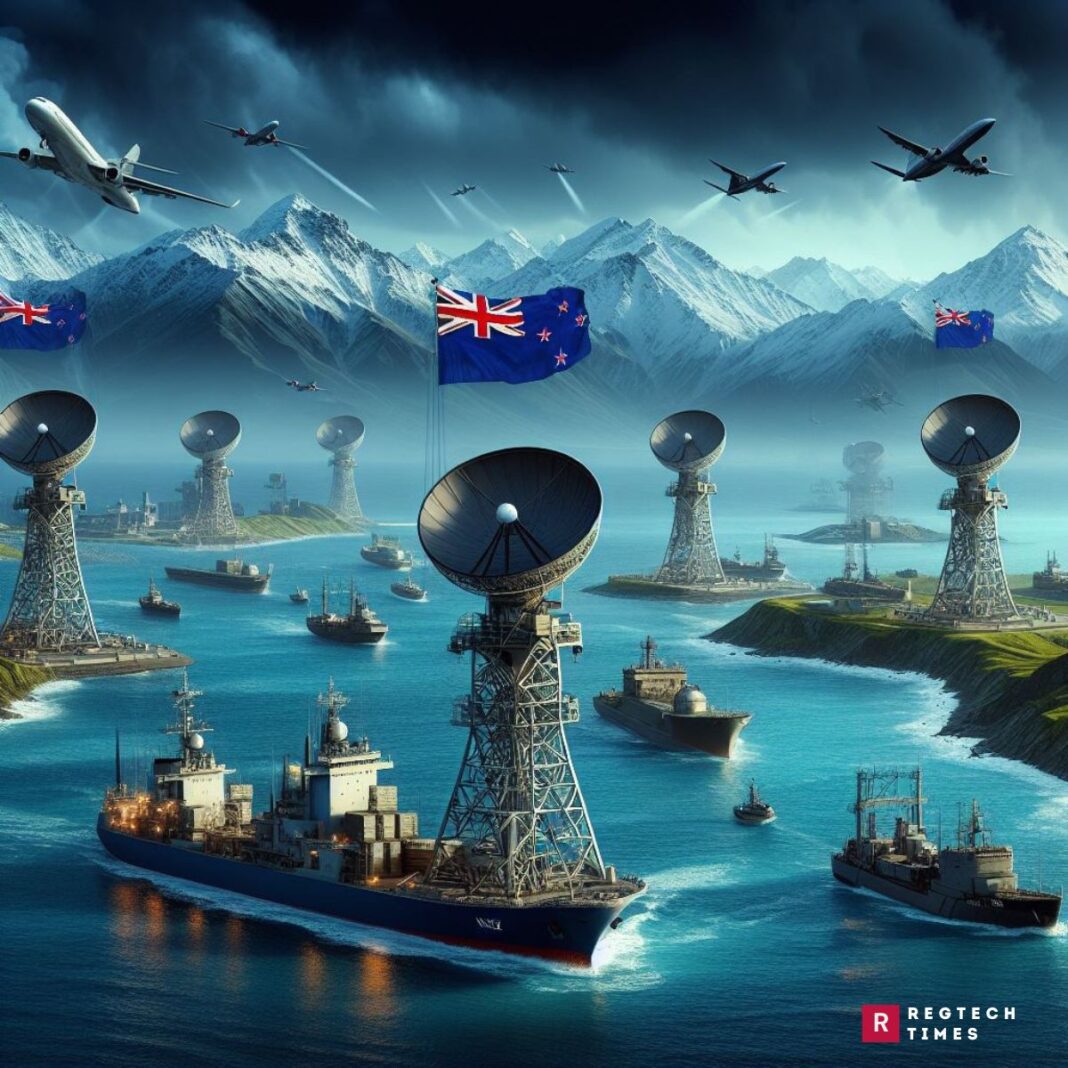The United Nations Security Council (UNSC) sanctions are being enforced, and New Zealand has demonstrated its commitment to both international security and sanctions enforcement by announcing the deployment of a Boeing P-8A Poseidon maritime patrol aircraft to Japan. This operation, which is scheduled to take place from Okinawa’s Kadena Air Base in mid-April to early May, is not only an example of capacity but also of its commitment to maintaining international law and promoting stability in the area.
The mission is intended to keep an eye on and discourage North Korea’s unlawful maritime operations, particularly the transfer of prohibited goods, such as coal and oil, from ship to ship. This effort represents a significant turning point in New Zealand’s military and foreign policy, as well as multiple firsts for the Royal New Zealand Air Force (RNZAF).
Operational Milestones and Strategic Implications
This deployment is the first time one of New Zealand’s Poseidon aircraft has been sent overseas for operational purposes. Considering that the mission represents the RNZAF’s farthest deployment outside the country, extending its operational geography to Asia, it is a significant milestone. Furthermore, this is the first time the plane has been deployed to assist New Zealand in enforcing UN sanctions on North Korea. These achievements highlight the RNZAF’s operational adaptability and reach, as well as the changing military posture of New Zealand, which is becoming more eager to participate in far-off theatres of operations in support of global security initiatives.
It is noteworthy that the Boeing P-8A Poseidon was selected for this mission. The Poseidon is a maritime patrol aircraft with sophisticated observation and reconnaissance capabilities. This makes it ideal for keeping an eye on the wide stretches of international waterways where illicit transfers may take place. The use of such cutting-edge equipment demonstrates how seriously NZ takes adherence to UNSC resolutions and international security norms.
International Collaboration and Regional Security
The operation by New Zealand from Japanese territory exemplifies international cooperation in action. Under the rules of the UN Status of Forces Agreement, New Zealand’s mission operates out of Kadena Air Base and supports a joint endeavour to guarantee the successful execution of Security Council decisions. This cooperation is essential because it represents a larger alliance amongst nations dedicated to upholding the international system based on norms and guaranteeing peace in the area in the face of obstacles faced by North Korea’s efforts to evade sanctions.
Diplomatic Context and Geopolitical Ramifications
The deployment takes place at a moment when world security is still severely threatened by North Korea’s maritime actions, notably its circumvention of UNSC sanctions. The ongoing missile launches and illegal maritime operations from North Korea jeopardize regional stability and hinder efforts to denuclearize the Korean Peninsula. In direct reaction to these difficulties, New Zealand decided to send out the P-8A Poseidon, showing the world community’s determination to uphold sanctions and discourage such actions.
These initiatives are not without their diplomatic and geopolitical challenges, though. North Korea has harshly criticized New Zealand’s past surveillance missions, denouncing their actions as hostile. The delicate nature of these activities is further highlighted by the tensions that have occurred in the region, including standoffs between China and other nations carrying out comparable monitoring missions. Notwithstanding these difficulties, New Zealand’s deployment demonstrates its readiness to negotiate the intricate geopolitical terrain in support of global security and the implementation of sanctions.
A major advancement in New Zealand’s military and foreign policy is demonstrated by the country’s deployment of a maritime patrol aircraft to Japan, which demonstrates its commitment to regional stability, global security, and the upholding of international conventions. In addition to fulfilling its commitments under UNSC resolutions, New Zealand is helping to dissuade sanction evasion and advance regional peace by participating in surveillance and reconnaissance operations to monitor North Korea’s unlawful maritime activities.
While navigating the complexity of regional geopolitics and diplomacy, New Zealand is signalling its preparedness to become more actively involved in international security operations with this mission, which marks numerous firsts for the RNZAF. As such, it emphasizes New Zealand’s commitment to a safe and stable international order and serves as a crystal-clear illustration of its position and responsibilities on the world stage.



